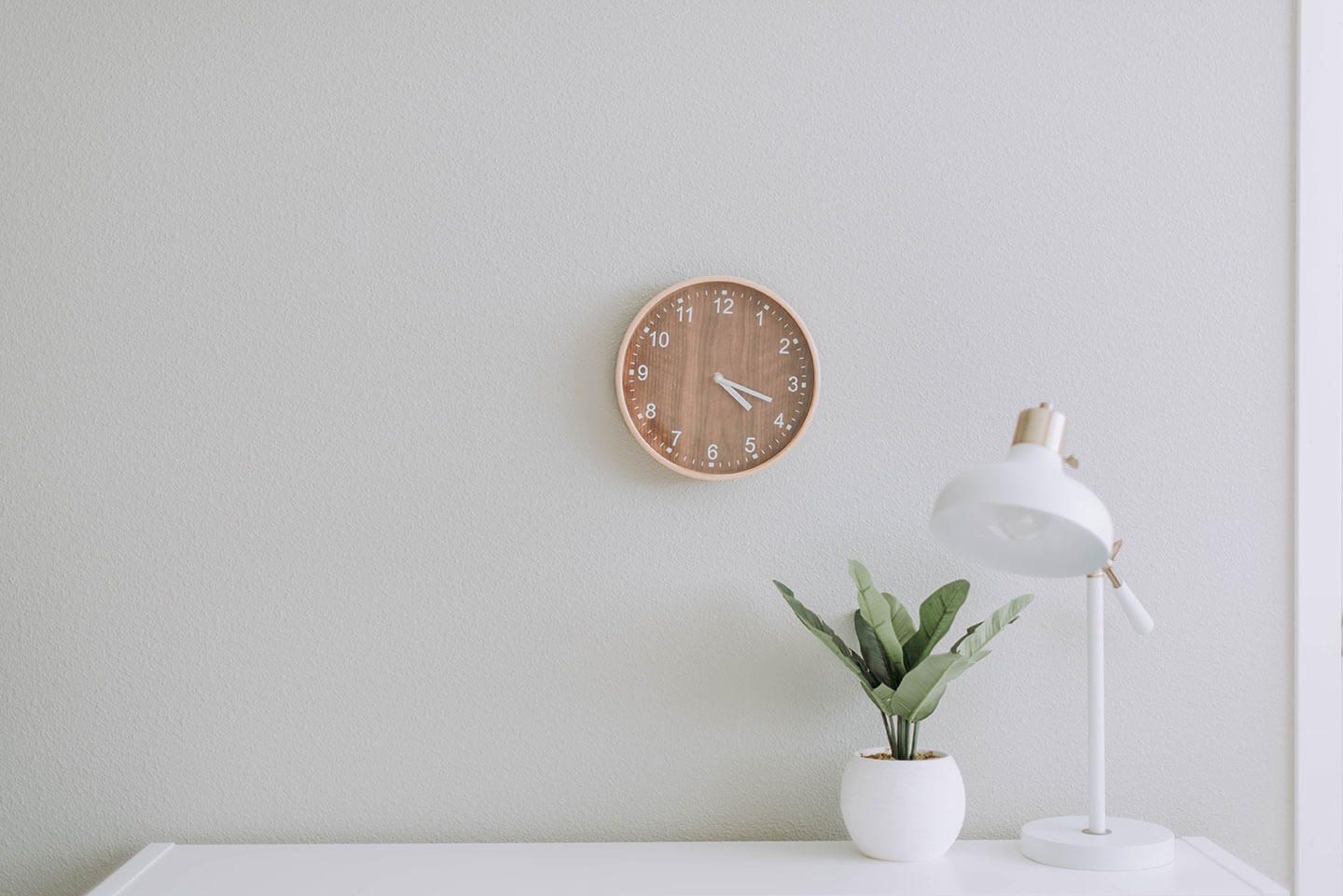Relationships reinforce social skills and economic standing but also positive well-being. One study published in the Journal of the International Association for Relationship Research gathered information from 1,621 college students and found that students in monogamous relationships experienced fewer mental health issues and had a greater sense of physical well-being overall.
While being in a romantic relationship certainly has its advantages, not all relationships are beneficial. Some relationships come at the cost of one’s individuality, self-esteem, and mental health. Throughout this article, we’ll dig deeper into some different types of relationships and how improving your relationship can increase your personal well-being.
The Three Stages of Relationships
Relationships come in all forms but can commonly be placed into one of three categories:
1. Selfish– One-sided: In a selfish relationship, one partner tries to meet the other’s needs without reciprocation.
2. Trade – Co-dependant: A trade relationship includes effort from both parties, but only if they benefit from the effort they put out.
3. Unconditional – Independent: True to its name, an unconditional relationship has no conditions that need to be met. Both partners want to encourage, love, and honor their mate with no strings attached.
Relationships don’t need to be romantic to meet these categorizations. Any relationship can meet selfish, trade, or unconditional standards, including friendships.
How Your Relationship Stage Defines Personal Well-being
Knowing self-worth is so interwoven with personal relationships makes it easier to understand the connection between relationship stage and personal well-being. Let’s more closely examine each stage and its effect on mental health.
Selfish – One-sided
When a relationship is one-sided, it means only one party is feeling an emotional attachment. That almost always leads to rejection, as the pursued party isn’t actively participating in the relationship. One-sided relationships take many forms, including:
-
Friendships in which one friend wants more while the other feels no attachment
-
Romantic relationships involving a partner seeking attention from others rather than his or her partner
-
A work relationship where one team member carries their partner.
-
A marriage where one mate strives to take care of a lackluster mate who puts in no effort to connect
A study on unrequited love documented one-sided relationships as leading to feelings of inferiority and decreasing self-worth.
Trade – Co-dependant
This level of relationship might appear functional from the outside because both partners are trying. The issue lies in the reason both are working so hard. A publication in The Journal of Mental Health Counselling describes codependency as a harmful need to please another at the price of personal well-being.
In a trade-style relationship, partners strive to do well and please the other in return for something. For example, a wife might choose to make dinner for her husband in the hopes he will lavish her with praise. When he comes home to find dinner prepared, he eats it happily but doesn’t offer his wife the fuel she requires. The wife is left feeling empty because she’s come to depend on this feeling to thrive. She did something nice for her husband, and her husband enjoyed the meal, but because there was no exchange or trade, the wife feels less.
The same article explains that this unnatural attachment causes an increase in anxiety and self-consciousness. It also sparks competition rather than a feeling of connectivity with one’s partner.
Unconditional – Independent
As you would expect, relationships in which both partners are equally involved are most successful, both in terms of relationship longevity and personal well-being. The term “independent” sounds like something related to singledom, but independence is also a key factor in any relationship with another person. It means that you’re not seeking approval from someone else before loving yourself. It also means loving your partner unconditionally, whether there is a reward or not.
Feeling Better About Yourself With Your Partner
Your well-being is important, both to your overall health and the health of your relationship. Understanding what type of relationship you’re in is the first step. As you read through the above descriptions of selfish, trade, and independent relationships, which did you notice to reflect your own the most accurately? If your answer is type one or two, it might be time to make some changes.
By learning to manage your expression, measure your self-worth, and be free with emotions, you can come to accept yourself. This is the foundation of stepping away from type one and two into type three.
For more information about improving your relationship and well-being, visit us online and book a free 30-minute consultation.




